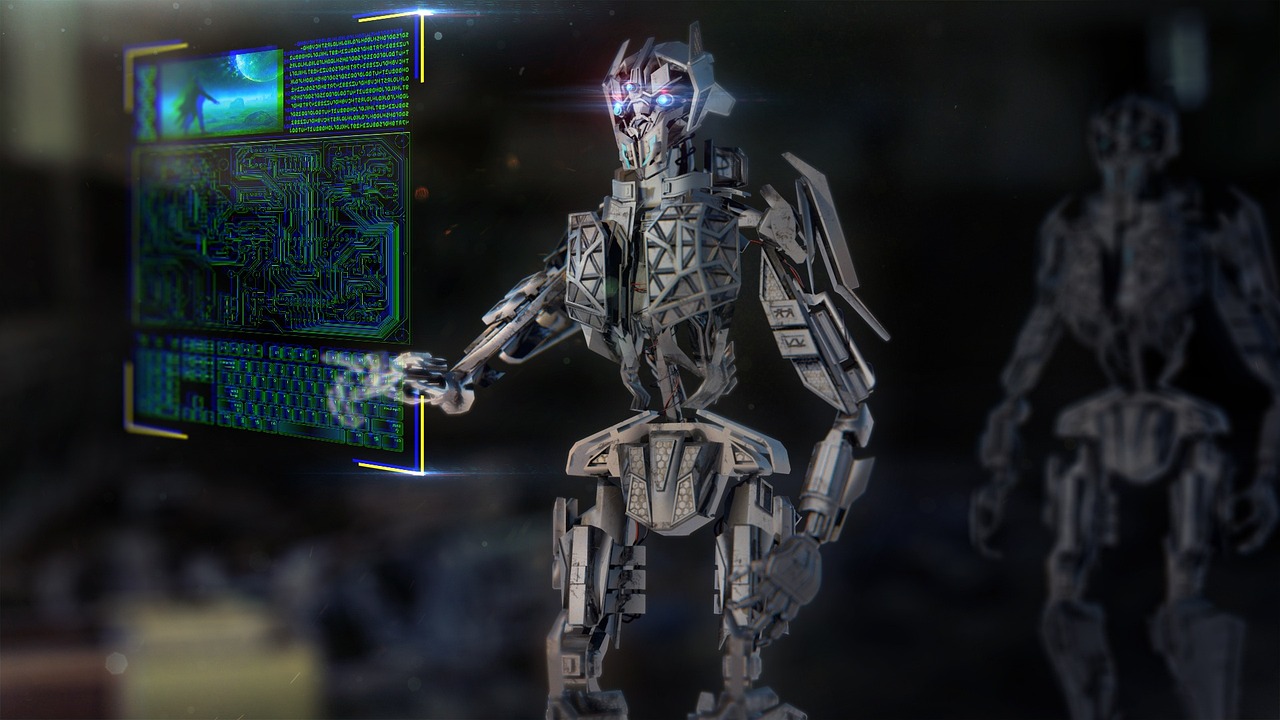
What is Artificial Intelligence?
At its most basic, artificial intelligence (AI) refers to the ability of a machine or computer system to perform tasks that would normally require human intelligence, such as learning, problem-solving, and decision making. AI can be divided into two basic groups: narrow or general. Narrow AI, also known as weak AI, is designed to perform a specific task, such as facial recognition or language translation. In contrast, general AI, also known as strong AI, is designed to be able to perform any intellectual task that a human can.
How Does Artificial Intelligence Work?
There are several different approaches to creating artificial intelligence, including machine learning, natural language processing, and expert systems.
Machine learning involves feeding a computer system a large amount of data and allowing it to learn and make predictions based on that data. Supervised and Unsupervised machine learning are the two main forms. In supervised learning, the computer is given a set of labeled data and a set of rules to follow, allowing it to make predictions based on the patterns it has learned. Unsupervised learning involves giving the computer a large amount of data and allowing it to find patterns and relationships on its own.
Natural language processing (NLP) is a type of AI that enables computers to understand, interpret, and generate human language. This allows for the creation of virtual assistants, such as Apple's Siri and Amazon's Alexa, which can understand and respond to voice commands.
Expert systems are computer programs that are designed to mimic the decision-making abilities of a human expert in a specific field. They do this by using a set of rules and a database of knowledge to evaluate a situation and provide a solution.
Applications of Artificial Intelligence
There are many ways that artificial intelligence is being used today, including:
Self-driving cars: One of the most well-known applications of AI is in the development of self-driving cars. These vehicles use a variety of sensors, including cameras and lidar, to gather data about their surroundings. They then use machine learning algorithms to analyze this data and make decisions about how to navigate the road.
Virtual assistants: Virtual assistants, such as Siri and Alexa, use natural language processing to understand and respond to voice commands. They can answer questions, play music, and perform a variety of tasks, making them a convenient tool for managing daily tasks and activities.
Healthcare: AI is being used in the healthcare industry to improve patient care and streamline processes. For example, AI-powered algorithms can analyze medical records and suggest treatment options, or alert healthcare professionals to potential problems before they become serious.
Finance: AI is being used in the finance industry to improve risk assessment and fraud detection. For example, AI-powered systems can analyze patterns in financial transactions to identify suspicious activity and alert financial institutions to potential fraud.
Manufacturing: AI is being used in manufacturing to improve efficiency and productivity. For example, robots equipped with AI can perform tasks such as welding and assembly, freeing up human workers to focus on more complex tasks.
Ethical Considerations
There are several ethical issues that need to be taken into mind as AI becomes more commonplace. Some of the key issues include:
Bias: AI algorithms can perpetuate and amplify biases that are present in the data used to train them. Certain groups of people may experience unjust outcomes as a result of this.
Privacy: AI systems often require large amounts of data to function properly, and there are concerns about how this data is collected and used.
Job displacement: There are concerns that AI could lead to job displacement as machines take over certain tasks that were previously performed by humans.
Conclusion
Artificial intelligence has the potential to revolutionize many industries and has already been implemented in a variety of applications. While there are many benefits to using AI, it is important to carefully consider the ethical implications and ensure that it is used in a responsible and fair manner.




0 Comments